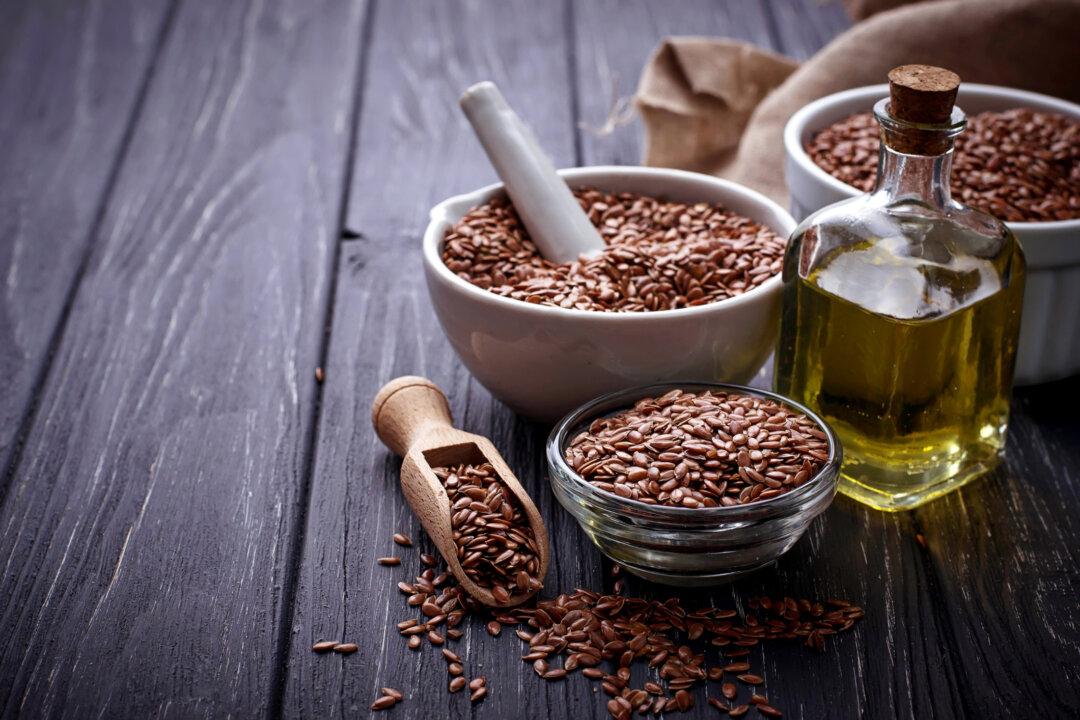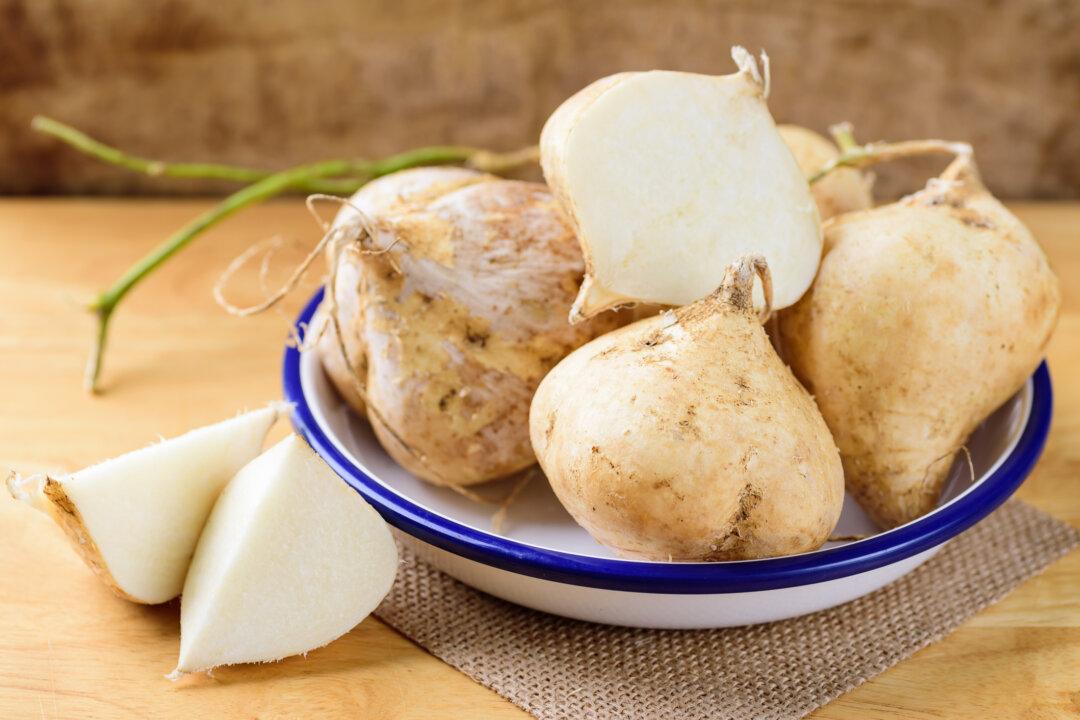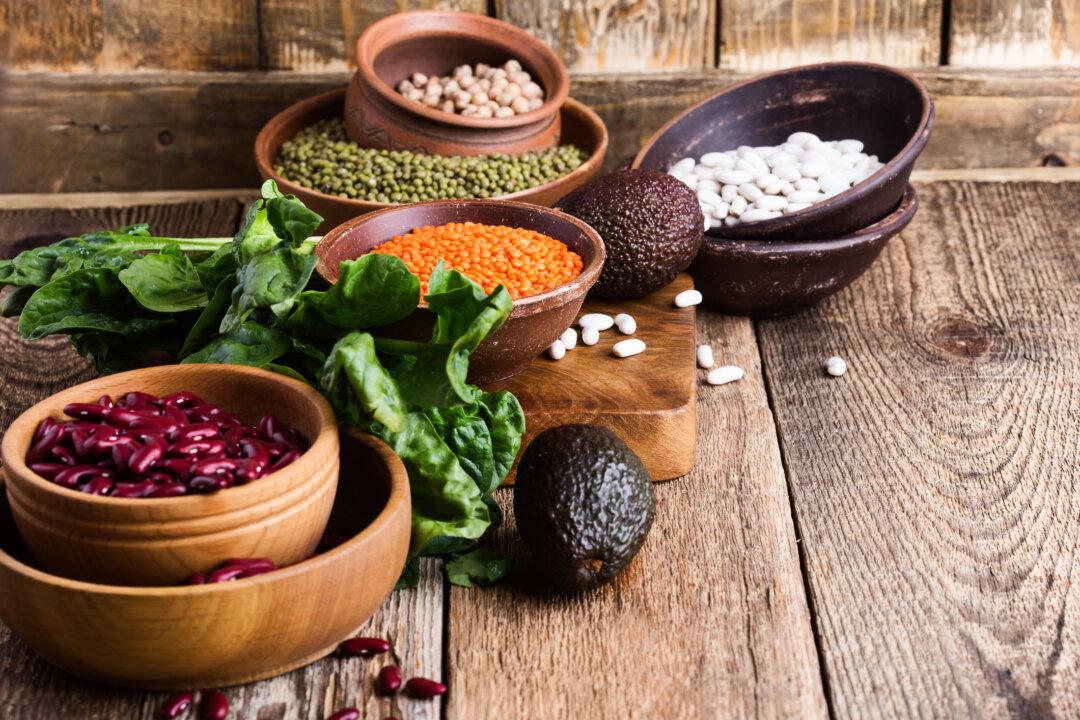Not so long ago, flaxseed was trending high on the health food scene. If this superfood has fallen off your radar in recent years, now’s the time to bring it back and find room for flax in your diet and your pantry. This tiny seed is mighty in nutritional value and is associated with several health benefits. According to Patricia Bannan, MS, RDN, author of “From Burnout to Balance,” “Flaxseeds provide dietary fiber, omega-3 fatty acids, and phytoestrogens, called lignans, all powerful components for good health.” They also happen to be versatile, affordable, and tasty.
The Latin name for flaxseed, known as linseed in Europe, is Linum usitatissimum, which means “very useful.” One of the oldest cultivated crops, flaxseed was utilized by ancient civilizations as both food and medicine to treat things like intestinal issues. The two varieties available today are brown and yellow (or golden). Both are sold as whole flaxseeds, milled flaxseed meal or flour, and flaxseed oil. In the U.S., linseed oil (derived from flax) is an ingredient in paints and varnish and is used to treat wood. It’s not safe for human consumption. Flaxseeds provide the most nutrition when they’re ground.





